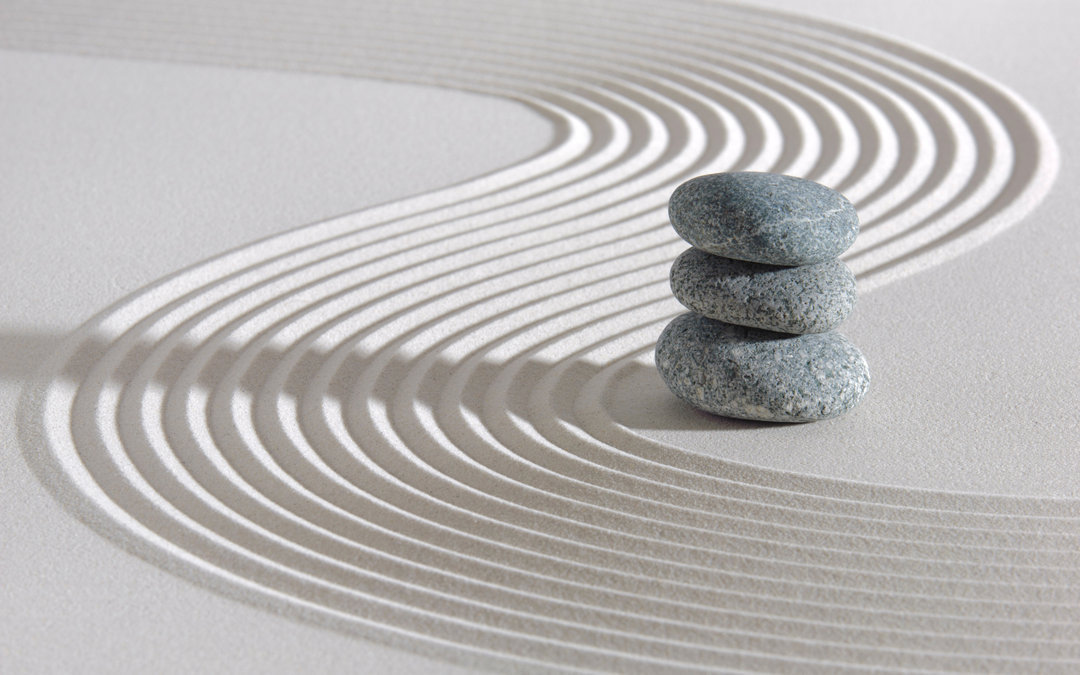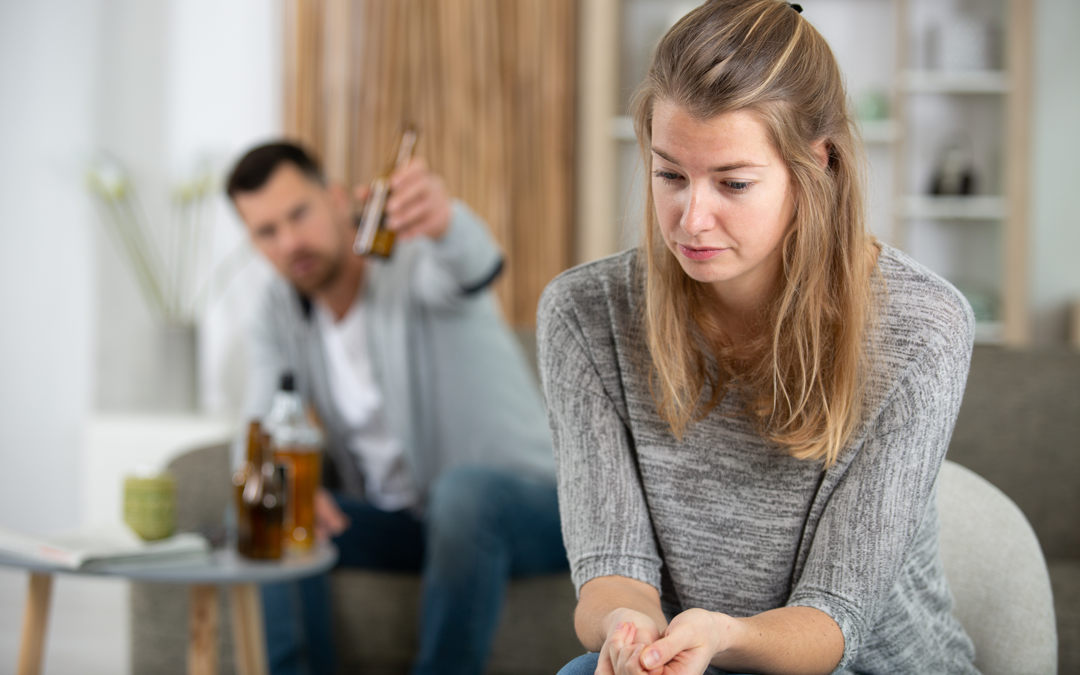 I prefer this phrase when referring to setting limits in personal relationships over the term boundary. I am not sure why exactly; I think it is because boundary sounds so divisive. There is too much division in the world already, we don’t need more. To me,...
I prefer this phrase when referring to setting limits in personal relationships over the term boundary. I am not sure why exactly; I think it is because boundary sounds so divisive. There is too much division in the world already, we don’t need more. To me,...
 Have you ever heard of the term ‘ what resists persists’? If someone tells you that you cannot have something, that is all you want. If you are trying to think of a word, it will not enter your mind. You cannot ‘will’ it away. When one focuses...
Have you ever heard of the term ‘ what resists persists’? If someone tells you that you cannot have something, that is all you want. If you are trying to think of a word, it will not enter your mind. You cannot ‘will’ it away. When one focuses...
 I hear the following often: ‘ and then I start to spiral’. In summary, women are telling me that they find themselves in a helpless and uncontrollable position. They tell me their mind takes over and thus so do their behaviours. The behaviours that follow...
I hear the following often: ‘ and then I start to spiral’. In summary, women are telling me that they find themselves in a helpless and uncontrollable position. They tell me their mind takes over and thus so do their behaviours. The behaviours that follow...
 If your partner is struggling with drug abuse, normally just talking to him or her isn’t enough. I see it over and over that partners seem to live on ‘hope’ for so long before finally being able to draw a line in the sand. Normally separation...
If your partner is struggling with drug abuse, normally just talking to him or her isn’t enough. I see it over and over that partners seem to live on ‘hope’ for so long before finally being able to draw a line in the sand. Normally separation...
 This post is a continuation of last week’s post on What Type of Self Critic Are You? Thus, it may be helpful for you to read that post first (however, not entirely necessary). Let’s face it, we ALL HAVE FEARS about being judged by others. Even the most highly...
This post is a continuation of last week’s post on What Type of Self Critic Are You? Thus, it may be helpful for you to read that post first (however, not entirely necessary). Let’s face it, we ALL HAVE FEARS about being judged by others. Even the most highly...






